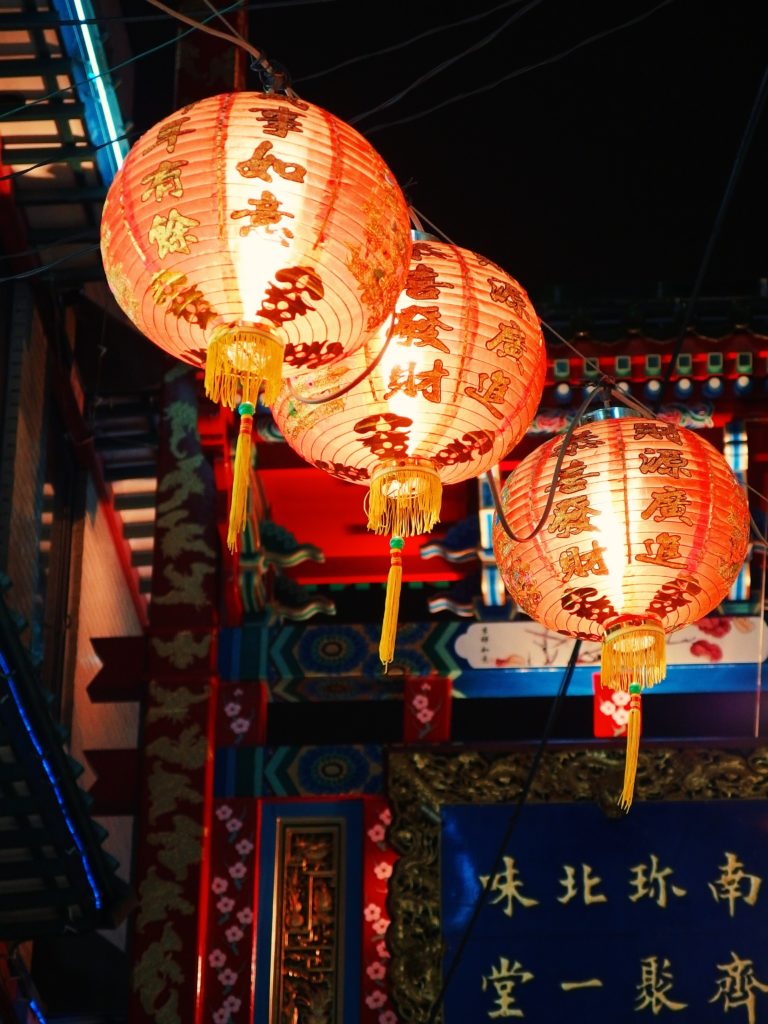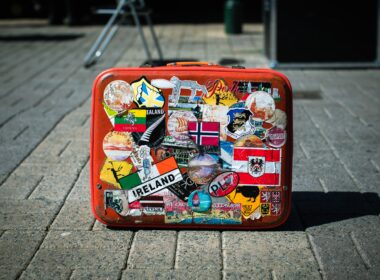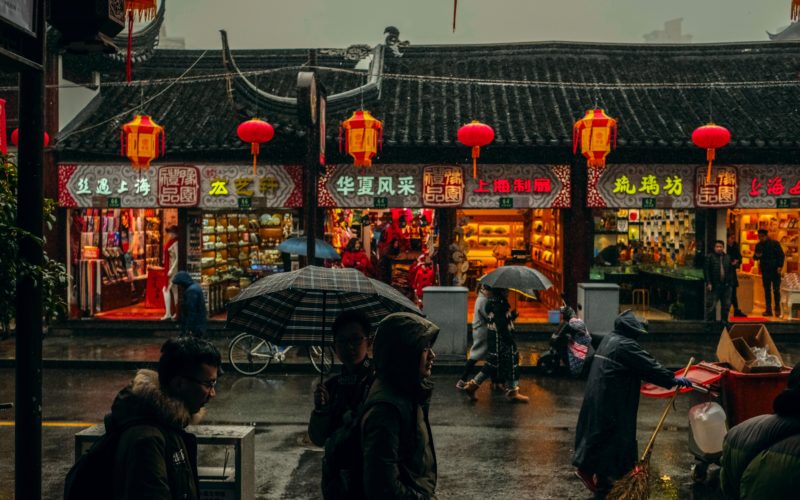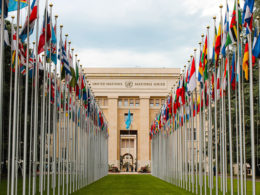By Collin Hicks
It all began the moment my parents tearfully stepped out of my dorm room. I was selfishly preoccupied with unpacking and arranging my belongings, and I don’t think I allowed them enough time to savor their last moments with me under the shelter of their wings. After somewhat distractedly wishing them goodbye, I resumed my business of settling in and decided to rearrange the heavy, cumbersome hardwood furniture. After a very unpleasant episode involving some unprintable exclamations, the entirety of two and a half hours, and the help of three other people, I managed to get the furnishings into a somewhat agreeable arrangement.
Then I left the room to spend what I can only describe as the best week of my life.

In the eight years between this moment and my former childhood in Chengdu, China, I had not only lost most of my Mandarin fluency but also the memory of what it felt like to interact with other international and third culture kids. When international orientation began on campus, I realized with profound delight what a pleasure it was to talk to and get to know people who shared my experiences. I even met a few Chinese international students from the very city I had lived in so many years ago. The dam of my introversion abruptly burst at the long and deep-felt urge to connect with these kinds of people again.
Over the course of the week, I met with and talked to as many people as I could with a kind of wild and reckless abandon, drinking deeply from the cup that had for eight long years escaped my grasp, fearing that this opportunity to connect—this moment—would end when the campus inevitably became saturated with white Americans.
I talked to as many people as I could with a reckless abandon.
And yet, throughout the week, despite how much I relished the company of my newfound multicultural friends, I could feel a tangible disconnect between myself and the other attendees at the orientation. Here I stood, a white American who didn’t fit in with the others of my race arriving at the end of the week, and yet so terribly distant from my past in China. Every time I had to tell someone that despite living there for seven years I don’t speak Chinese anymore, it was a dagger in my heart. Every time I overheard conversations in Mandarin, understanding only shattered fragments of words and sentences, was a deep wound in my soul. In the presence of such company, I had never been happier, yet never had I mourned so grievously for the parts of me lost to the stains of time.
The truth is that I was (and still am, to some extent) stuck in this lonely and terrible liminal space. Almost all of my formative childhood years were spent in a country with very different culture and values than the country of my birth. I enjoyed the greasy, doughy goodness of youtiao for breakfast as often as pancakes or waffles. I didn’t lamely watch the fireworks on Chinese New Year from a distance like Americans do on the Fourth of July—they surrounded me in a stupendous cacophony of colour and sound as practically everyone blew them off in every public place in the city for hours on end. I still miss the tangy smell of gunpowder in the air from those nights. The restaurant tables were round, not square, and frequently had a rotating glass surface allowing us to all share our food and eat together in a classic example of the value of community in Chinese culture. All this and much more for seven long years, until I was abruptly cut off from all of it when my family moved back to the US. To make matters worse, try as he might, my father could not find work for six months following our return, which meant we were all stuck in limbo at my grandparents’ house for that time. Culture shock and grief quickly overwhelmed me as I found myself not in the middle of a bustling city but in the strange new world of American suburbia.
In the nine years since coming back to the US I never fit in with American culture, white or black, but I now realized that neither did I fit in with all these international students, fresh from their respective nations. I realized that mine was a unique existence and I didn’t really fit in anywhere.

Watching In the Heights with some of my newfound friends was a wonderful yet painful experience. Seeing Usnavi choose to remain in the bustling barrio rather than fly back to his idyllic, wind-swept birthplace in the Caribbean profoundly impacted me as I vividly recalled my parents telling me we were leaving China to come back to the place of my birth. The movie had been hinting the whole time about the pain of loss that Usnavi would feel should he leave his community in New York—a pain that I experienced fully at age ten. Usnavi had a choice, and he stayed. I did not have a choice, and when I left my world was obliterated.
While international orientation was unequivocally the best week of my life, it reopened old wounds of loss and poured salt into them. It made me realize I had simply tried to sweep all the emotions I felt after leaving China under the rug rather than actually processing them. I had never really confronted or dealt with my loss in a healthy way; rather, I just tried to forget and move on. Now I was suddenly confronted with the man in the mirror, questioning again who I really was. I loved hanging out with these people, but I was ashamed of myself. I kept my international student ID lanyard visible at all times, dangling about my neck in a desperate cry of hey, I’m one of you.
I had never really confronted or dealt with my loss in a healthy way
While my new friends stayed with me, the sharp disconnect has stayed with me also. I let all this spill out like a flood of pain to my parents when I called them for the first time. My mother, a TCK herself, gave me some invaluable counseling: “No matter how long ago you lived in China, it’s still part of your past,” she said. “It’s still fundamentally part of who you are, and I don’t want you to feel ashamed about it because you can’t speak Mandarin anymore. I was born in India, yet I am no longer able to speak Hindi.”
When I confessed my internal struggle to some of my new friends, they assured me I belonged with them and that, despite being removed from international life for so long, it still shaped the person I am now. Even after taking such advice to heart, it’s still not easy, especially when the first question practically everyone asks when I tell them I lived in China is if I still speak Mandarin. I don’t think I’ll ever quite get over the feeling that I’m a poser, but I’ve been learning day by day to feel more at peace with myself.
So what if I’m a monolingual now? So what if I don’t fit in perfectly anywhere? So what if I’m not like anybody else? The only thing I need is to be comfortable and confident in the person that I am. Just because I don’t fit in doesn’t make me wrong or ugly. And I hope I can be truly proud of my past someday.
Collin Hicks is a TCK who has lived in Chengdu, China, and Baltimore, Maryland (US). He attends university in Michigan, US.












